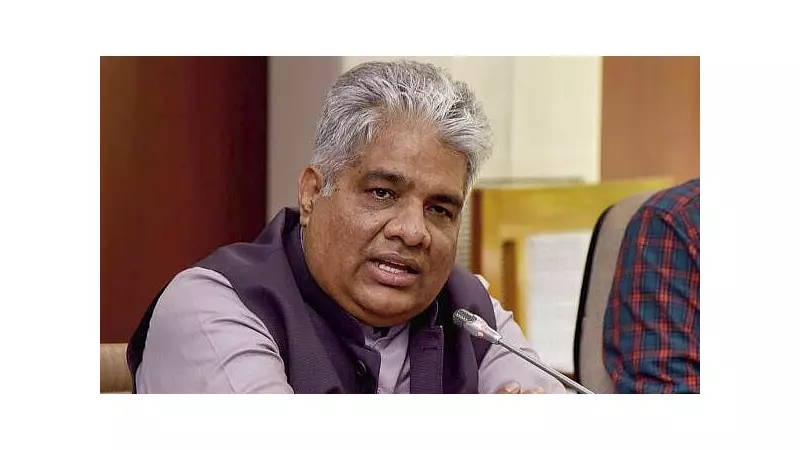
A massive ₹75,000-crore infrastructure project planned for Great Nicobar Island is generating intense controversy, with environmentalists and conservation groups raising serious questions about its ecological impact and potential violation of indigenous rights.
What the Mega Project Entails
The ambitious development plan includes constructing an international container transshipment terminal, a dual-use military-civil international airport, township development, and a gas and solar-based power plant. Located strategically in the Indian Ocean, the project aims to boost India's economic and strategic presence in the region.
Environmental Red Flags
Conservation experts have sounded multiple alarms about the project's potential consequences:
- Massive deforestation: The project requires clearing approximately 130 square kilometers of pristine tropical forest
- Threat to endangered species: The island is home to the Nicobar megapode, leatherback sea turtles, and other protected species
- Coastal ecosystem damage: Construction could severely impact coral reefs and mangrove ecosystems
- Earthquake and tsunami vulnerability: The region is seismically active, raising safety concerns
Indigenous Communities at Risk
The development poses a significant threat to the Shompen and Nicobarese tribes, who have inhabited the island for centuries. Conservationists argue the project could:
- Displace indigenous communities from their ancestral lands
- Disrupt traditional livelihoods and cultural practices
- Expose isolated tribes to outside diseases
Government's Position and Counterarguments
Government authorities maintain the project has received necessary environmental clearances after thorough assessment. They emphasize the strategic and economic benefits, including:
- Enhanced maritime connectivity and trade opportunities
- Job creation and economic development for the region
- Strengthened national security presence
The Ongoing Battle
Despite government assurances, environmental groups continue to challenge the project's approvals, citing inadequate environmental impact assessments and failure to properly consult indigenous communities. The controversy highlights the ongoing tension between development priorities and environmental conservation in ecologically sensitive regions.
As the debate intensifies, the future of Great Nicobar Island hangs in the balance, representing a critical test case for India's approach to balancing economic development with environmental protection and indigenous rights.





